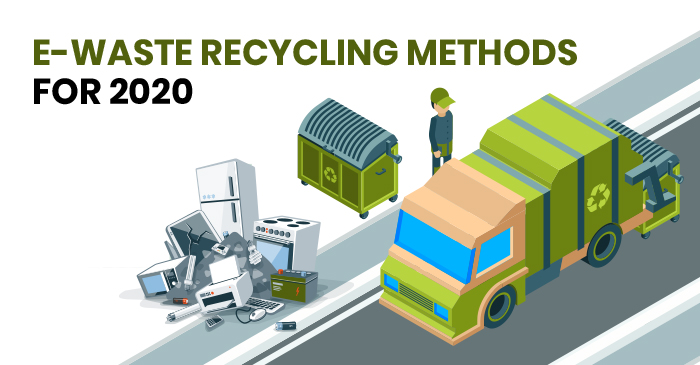The Ultimate Overview To Choosing The Appropriate Dumpster Size For Your Project
The Ultimate Overview To Choosing The Appropriate Dumpster Size For Your Project
Blog Article
dumpster rentals fort worth -Finnegan Fisher
When embarking on a job that calls for a dumpster, the dimension you pick can significantly affect its efficiency and cost-effectiveness. Picture having the best container that suits all your waste without being excessively huge or as well tiny. Everything begins with recognizing the subtleties of your project and picking a dumpster size that aligns with your certain needs. So, before you decide, take into consideration the variables at play to ensure a smooth waste management process from beginning to end.
Aspects to Think about
When selecting the ideal dumpster size, there are several vital factors to take into consideration.
First, think of the sort of waste you'll be getting rid of. Different materials may require differing amounts of space, so recognizing what you'll be placing in the dumpster is crucial.
Next off, evaluate the quantity of waste you expect to produce. If you take too lightly the volume, you may need to make several trips to take care of everything, which can be bothersome and expensive. On the other hand, leasing a dumpster that's as well large can cause unneeded costs.
Furthermore, think about the room where the dumpster will be placed. Ensure there's enough space for the dumpster to be supplied and gotten without any obstructions.
Finally, think about any weight restrictions that may apply. Exceeding 10 yard dumpster rental near me can lead to additional costs and even the rejection of service.
Dumpster Dimension Choices
For picking the best dumpster dimension, it's vital to have a good understanding of the available choices. Dumpster dimensions usually vary from 10 to 40 cubic backyards, with variations in between.
A 10-yard dumpster is suitable for little jobs like a garage cleanout or a little restoration. If you're dealing with a medium-sized task such as a cooking area remodel or a basement cleanout, a 20-yard dumpster might be the right choice.
For bigger tasks like a whole-house renovation or commercial building and construction, a 30 or 40-yard dumpster could be more suitable to accommodate the quantity of waste generated.
When selecting a dumpster size, take into consideration the quantity and sort of particles you expect to get rid of. It's much better to pick a somewhat larger dimension if you're unsure to prevent overfilling. Keep in mind, it's more cost-effective to rent out a dumpster that fits your requirements instead of having to buy an added one.
Matching Size to Task
Optimally matching the dumpster size to your job is vital for reliable waste monitoring. To figure out the appropriate size, take into consideration the range and nature of your project.
For small family cleanouts or improvements, a 10-yard dumpster may be enough. These are typically 12 feet long and can hold around 4 pickup truck lots of waste.
For larger projects like remodeling multiple spaces or removing a big estate, a 20-yard dumpster might be more suitable. These are around 22 feet long and can hold around 8 pickup lots.
If you're dealing with a major construction task or industrial renovation, a 30-yard dumpster could be the most effective fit. These dumpsters are about 22 feet long and can fit about 12 pickup truck lots of debris.
Matching the dumpster dimension to your task ensures you have enough room for all waste materials without paying too much for extra ability.
Verdict
In conclusion, choosing the ideal dumpster dimension for your task is critical for effective garbage disposal. By thinking about elements like the kind and amount of waste, area availability, weight restrictions, and spending plan constraints, you can guarantee you have the suitable dimension dumpster for your demands. Make look at more info to match the size of the dumpster to the range and nature of your task to prevent overspending on unneeded costs.
